The kidneys are vital organs. They eliminate waste and maintain the body's mineral salt and alkaline acidity balance. However, in order for the kidneys to function optimally, they must always be kept healthy. More information on both acute and chronic renal degeneration is provided below:
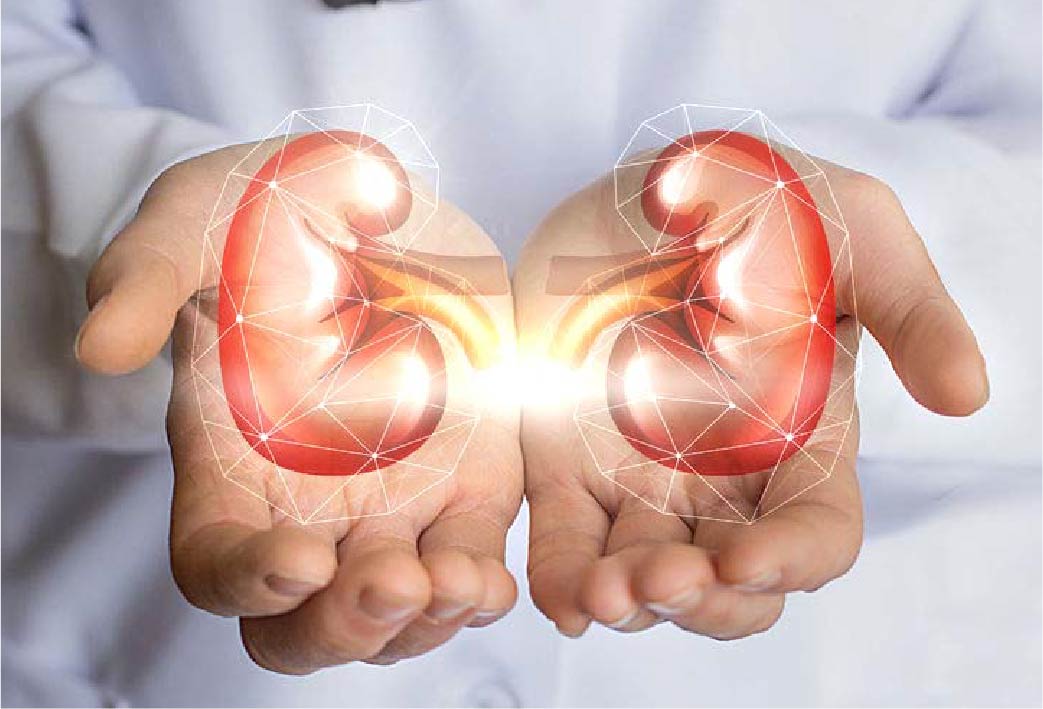
Acute renal degeneration is a rare kidney disorder that can be diagnosed through infections in the patient’s bloodstream. Patients who have received high doses of chemical toxins following certain treatments are frequently found to have acute renal degeneration. If the kidneys are treated promptly, they will be able to function normally again.
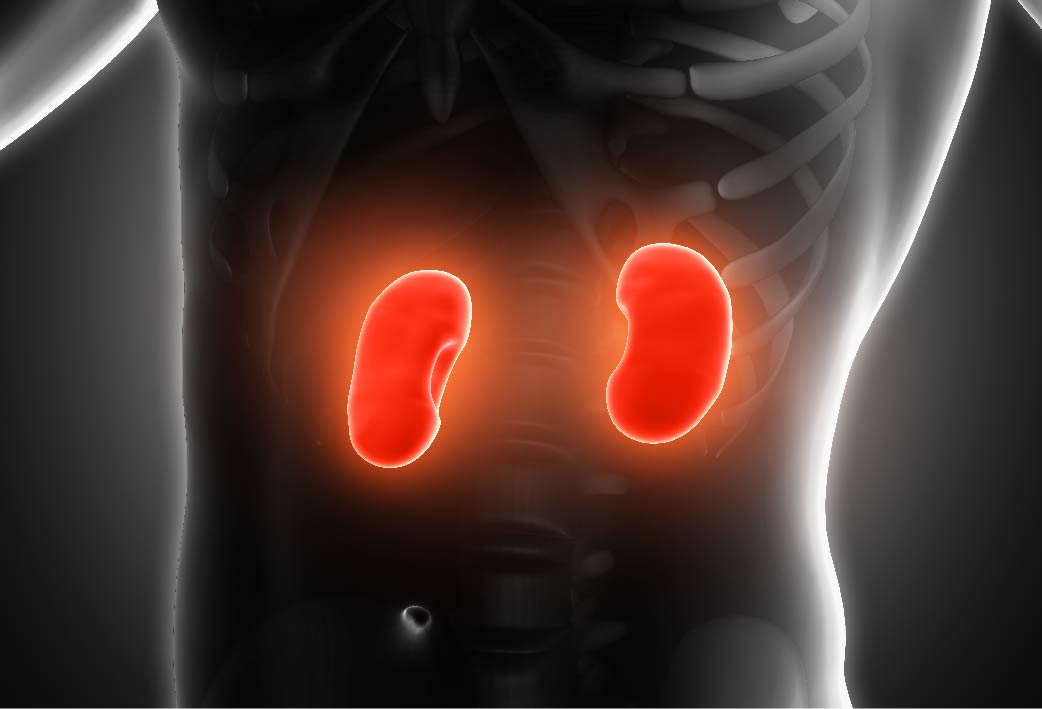
Chronic renal degeneration is the gradual deterioration of kidney function. In other words, the kidneys become less and less effective. This can be broken down into five stages:
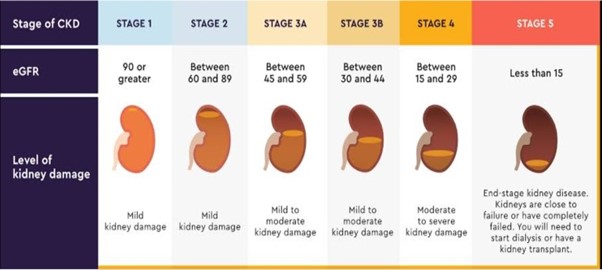
(www.ckdandt2d.com)
The cause of kidney degeneration is due to various factors, and they are as follows:
- Diabetes, especially for those who have poor sugar compliance, and has been suffering from the disease for more than 5 years.
- Hypertension, for example, patients who are not on hypertensive medication can cause shocks to blood vessels, which can affect the smaller blood vessels found in the kidneys. This can cause injury and inflammation to the kidney and may ultimately lead to degeneration.
In addition to the causes mentioned above, there are also other factors that may cause chronic kidney degeneration, and they are as follows:
- Taking certain herbal medicaments could cause a potential risk as they may contain aristolochic acid, which can have negative effects on the kidneys.
- Eating contaminated foods or exposure to heavy metal substances such as lead, cadmium, mercury and more for a long period of time. These contaminants can be found in seafood and some drinking water, and if consumed in large quantities for many years, can result in chronic kidney degeneration.
Signs and symptoms of kidney disease
Most patients with kidney disease are asymptomatic until their kidney function has deteriorated by more than 60%. This is when the following symptoms begin to show gradually:

- Weakness
- Tiredness
- General Malaise
- Loss of appetite
- Sleeplessness
- Edema around the eyes
- Pale and swollen complexion
- Frequent urination, especially at night

Getting diagnosed
Patients with early kidney disease are typically discovered during a hospitalized stay or through frequent health check-ups. The following are some of the diagnostic tests that are used:
- Blood test to see GFR (Glomerular Filtration Rate)
- Urine test for protein content
- Ultrasound examination of the kidneys
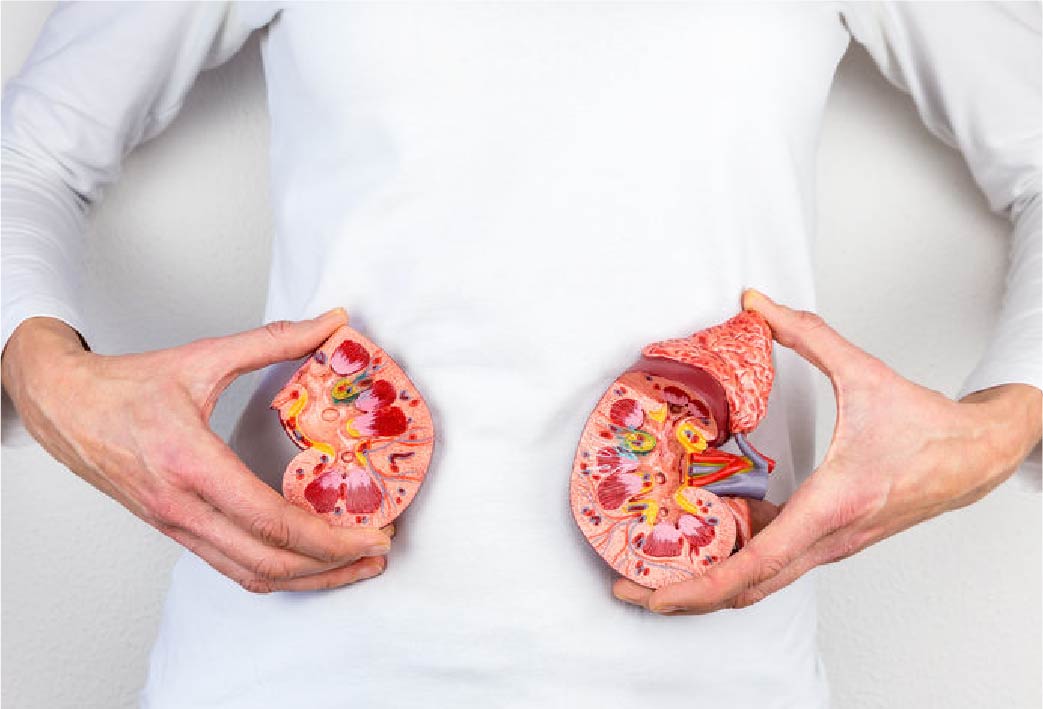
The treatment of kidney disease
Knowing what stage of kidney disease, the patient is at is extremely important. The physician generally plans the treatment pathway according to factors such as the stage of the disease, symptoms, as well as other secondary health conditions such as:
- Diabetes – A patient’s ability to maintain his or her blood glucose levels and compliance with medication is very important.
- High blood pressure: Patients must be compliant with medication and at the same time maintain their health and general nutritional state in order to optimize treatment.
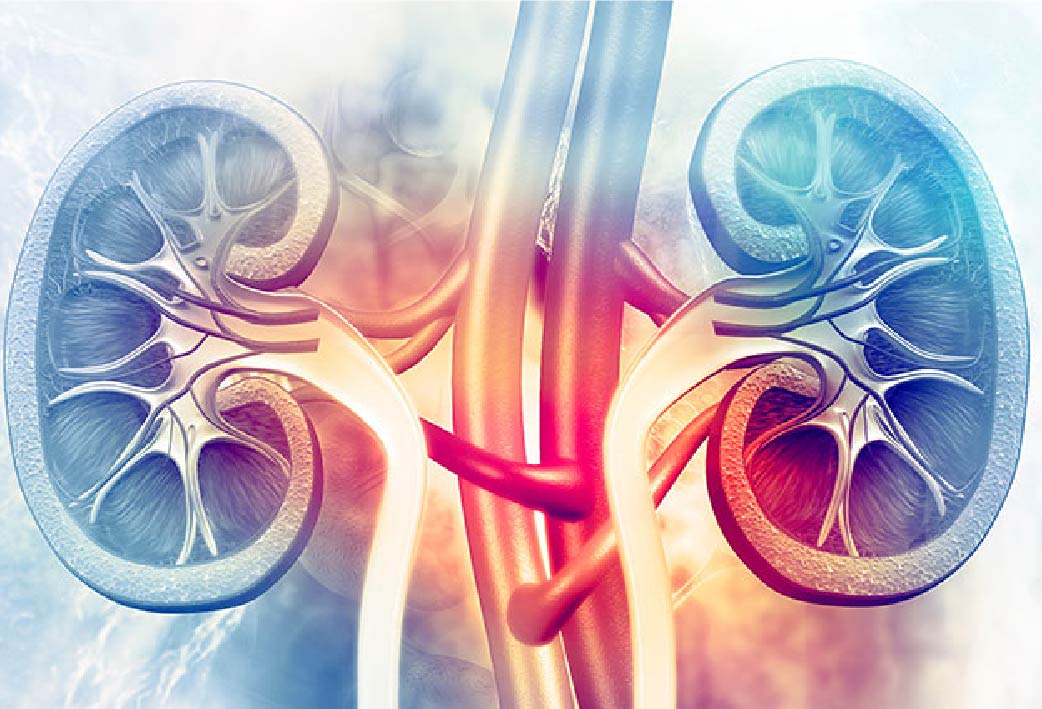
Integrative pathway to kidney restoration
To restore kidney degeneration, most physicians will focus on nutritional care according to some of the factors mentioned below:
- Refrain from eating salty foods so as not to overwork the kidneys.
- Research studies have also shown that patients who regularly consume meat and dairy products have a higher rate of kidney deterioration. However, if patients were to consume plant-based protein such as soybeans, the creatinine levels have been found to decrease, which in turn helps with improving kidney function.
- To reduce phosphorus and potassium levels, patients are advised to focus on eating plant proteins instead of animal proteins, which increases the likelihood of free radicals as compared to vegetables and fruits.

However, in addition to nutritional care, the root cause of the disease is another important factor. Many studies have shown that the reduction of toxins and heavy metals in the body can bring about plenty of benefits:
- Chelation therapy can help remove residual heavy metal toxins from the body.
- Detoxification of the lymphatic system can assist with the improvement of the lymphatic circulation, which is connected to all the organs in the body, which also includes the kidneys.
- Increasing the oxygen levels in the cells can improve the efficiency of the functioning of both the red and white blood cells in the body. The blood cells can disperse effectively to nourish organs and assist in the elimination of pathogens in the body.
- Regeneration through cell repair methods helps enhance effectiveness in restoring damaged cells to their original function.

As sedentary lifestyles become more common, so does the prevalence of diseases. Causative factors can be found all around us. However, it is critical that we take care of ourselves by carefully selecting what we consume. Avoiding foods containing heavy metal toxins and removing toxins are critical considerations. Regular health checks can also reduce the risk of unforeseen illnesses, allowing for preventive measures and early diagnosis, allowing for prompt medical attention. as well as monitoring our bodies' viability on a regular basis. Taking all of this into account can help one manage general health, kidney function, and, as a result, enjoy a high quality of life.


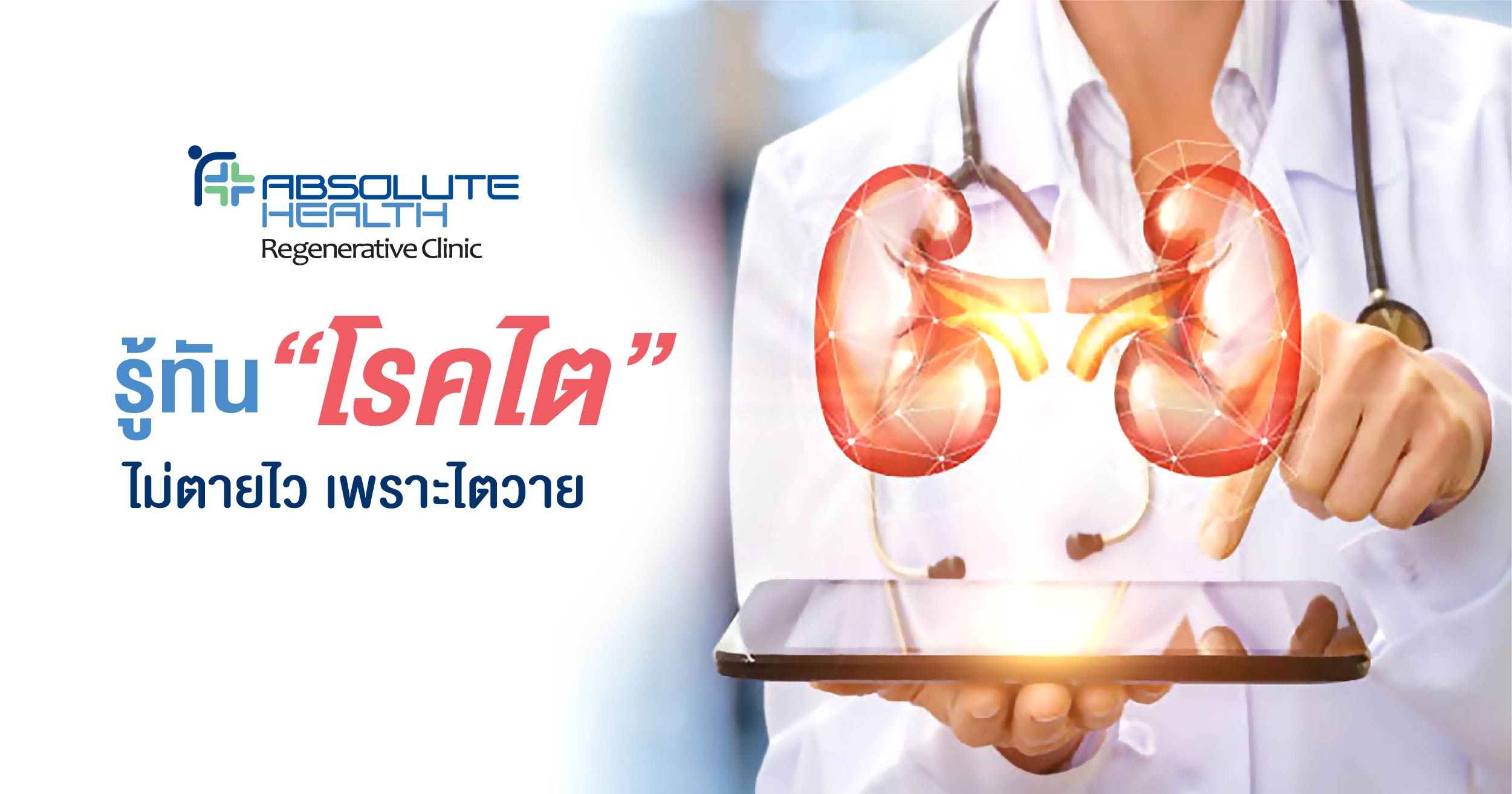


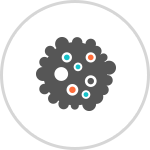

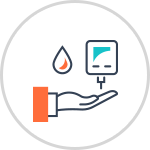
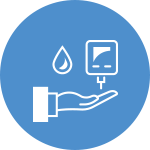


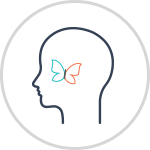



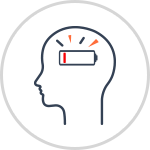

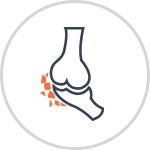
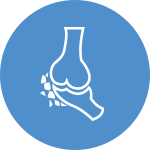


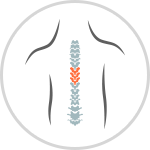

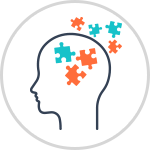

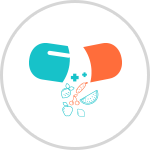


Sign In
Create New Account